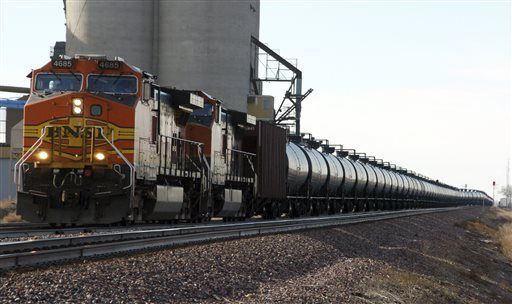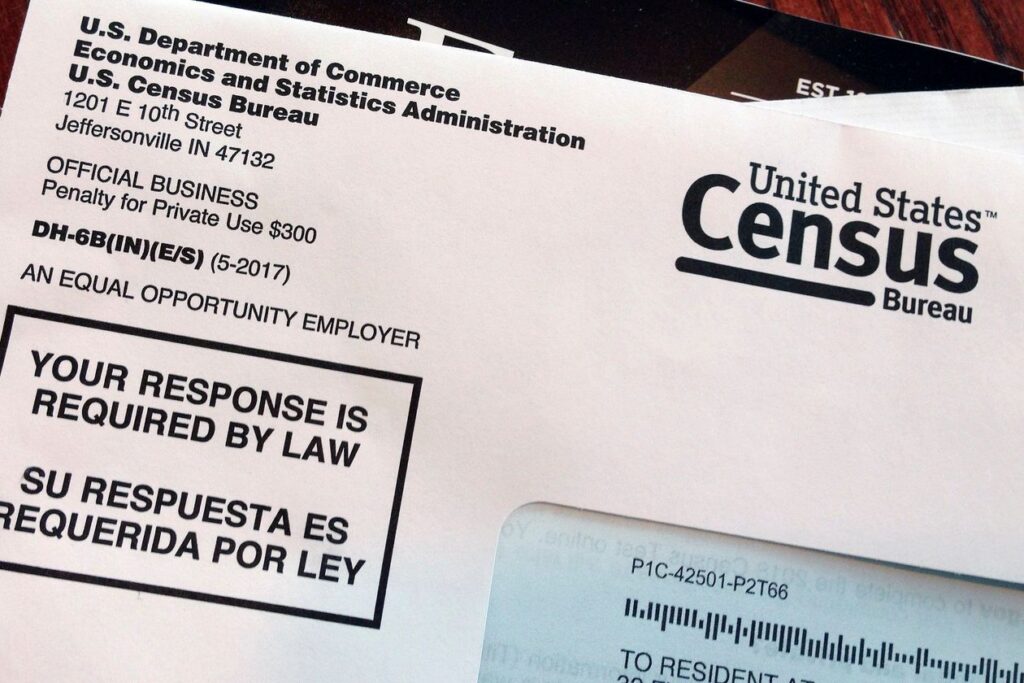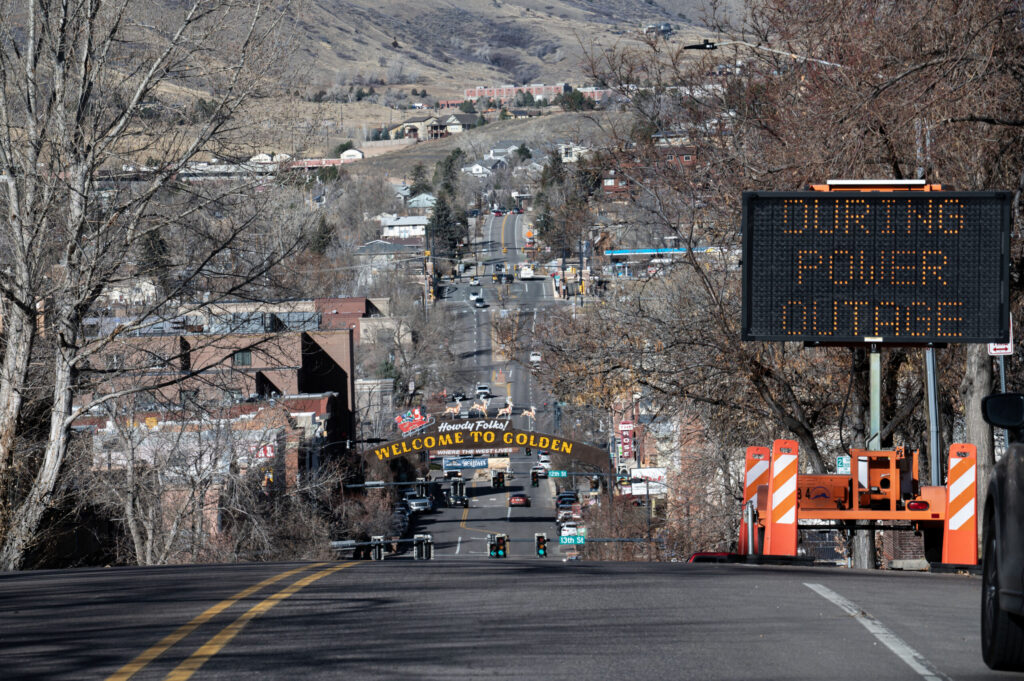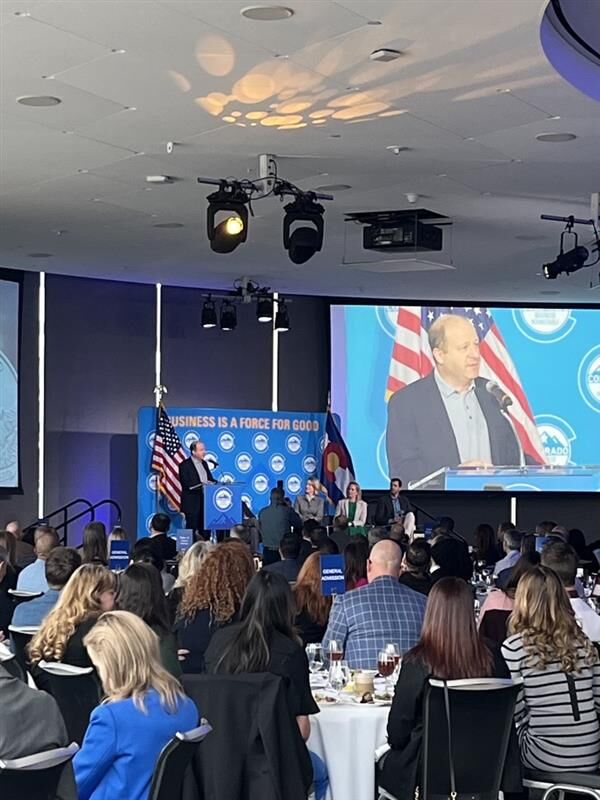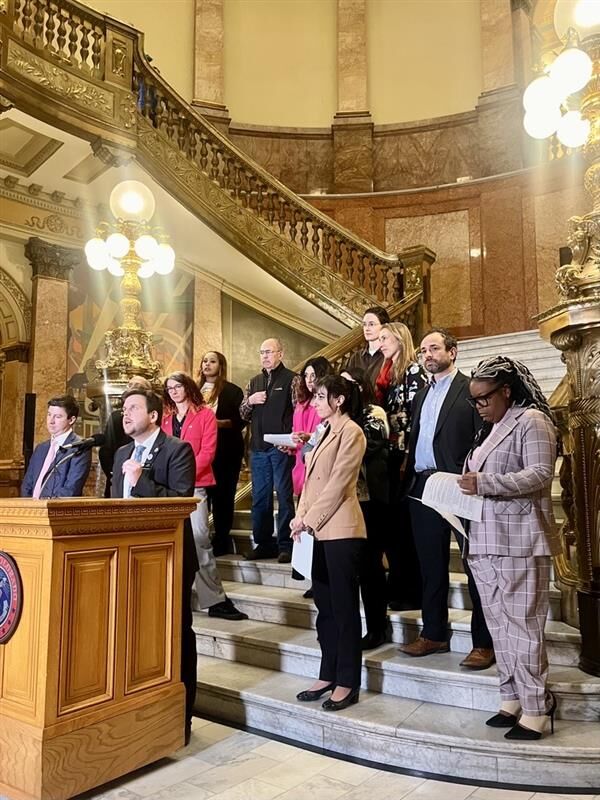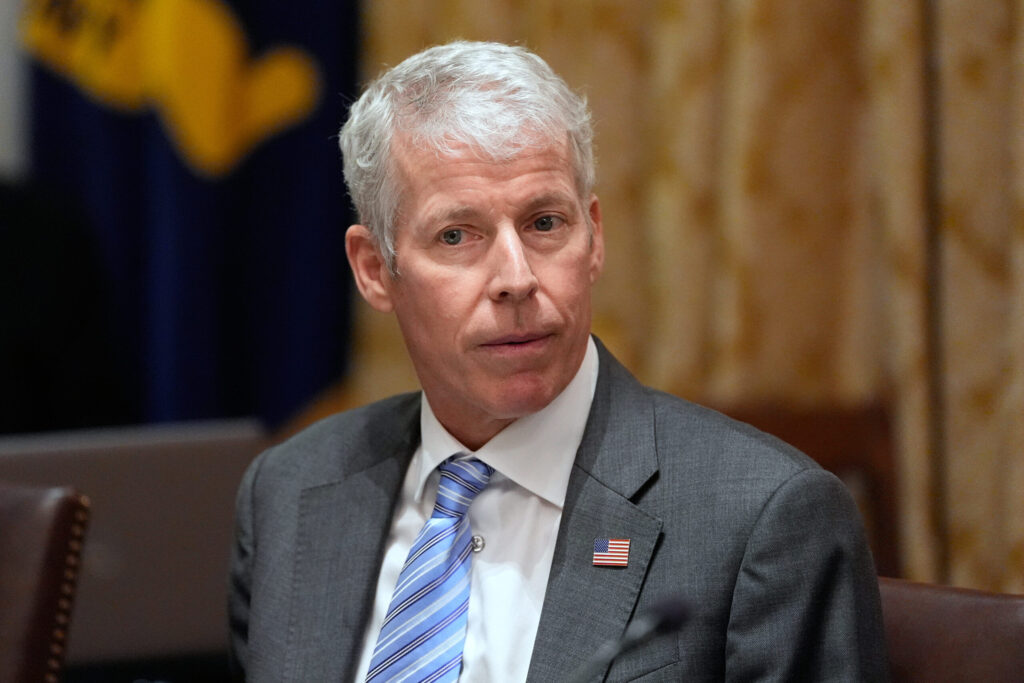Colorado bill would eliminate second election for unionization, drawing criticism from businesses
A proposal that would significantly alter an 80-year-old law that outlines the process for unionization and collective bargaining in Colorado is drawing criticism from the business community, while labor organizations are arguing the change is necessary to balance the power between workers and employers.
The Labor Peace Act, signed into law in 1943, sets Colorado apart from other states in that it requires two elections to permit a “union security” agreement. The first election to unionize only needs a simple majority. A second election, which requires a 75% “yes” vote, to establish “union security.” If that second vote meets the three-quarters threshold, then the union can negotiate with the employer to require that everybody, including non-union members, pay union dues.
Unions call those dues “representation” fees.
The proposed bill, expected to be introduced during next year’s legislative session, would eliminate the second election requirement, paving the path for a union to push for “union security” without needing to campaign a second time.
Advocates of the current law say it provides a more neutral and balanced approach to labor relations than other states, which often heavily favor either employers or workers.
“It was carefully crafted through a collaborative process, and we think that’s the best way to make policy,” said Rachel Beck, executive director of the Colorado Competitive Council.
The Denver Metro Chamber of Commerce recently came out in opposition to the proposed bill, which supporters have dubbed the “Worker Protection Act.”
Carly West, the chamber’s vice president of government affairs, said eliminating the second election requirement could detract efforts to bring businesses to the state, which is already struggling to attract companies turned off by its high costs — West noted a recent CNBC analysis that ranked Colorado No. 39 on a list of states with the lowest cost of doing business.
“I think what we’ve seen in the past few years is a decline in our competitiveness, and I think from that perspective, when we look at doing away with the Labor Peace Act, there’s just no way that that doesn’t further impact our competitiveness and further limit the opportunities that we have to bring great jobs and businesses to Colorado,” she said.
The Colorado Competitive Council’s Beck maintained that her group is not anti-union but, she argued, an election that decides something as consequential as unionization should have a high threshold, not just a simple majority.
“Some decisions are important enough that they require a higher level of contemplation and support, and the Labor Peace Act ensures that taking that step of moving from the formation of a union and membership being a choice to that mandatory membership and mandatory dues ensures that there’s strong employee support,” she said.
West noted there have been several unsuccessful attempts to get rid of this union law through the years, including a 2007 measure, which then-Gov. Bill Ritter vetoed.
“This has served us really well for 80 years, and it’s not something that we would be in favor of tossing by the wayside,” Beck said. “If you look at how states perform competitively, right-to-work states generally show stronger employment growth compared to non-right-to-work states.”
Supporters: Strong unions lead to strong economic outcomes
In seeking the change, the coalition pushing the proposal cited a report from the Colorado Fiscal Institute, saying it shows that a “bill like the Worker Protection Act will improve the economic standing of working families, while maintaining Colorado’s business competitiveness.”
In its report, the Colorado Fiscal Institute said union workers earn an average of 10% more than non-union workers and are 13% more likely to own a home. The report also said Colorado has an “anti-union law,” noting only about 6.9% of the state’s workers belonged to unions compared to the national average of 10%.
“By giving working folks the ability to negotiate better wages and benefits and safer working conditions, unions not only uplift their members, but they really do promote economic growth and good jobs for all Coloradans,” said Sophie Mariam, CFI’s fiscal policy analyst.
Mariam argued that eliminating the second election requirement from would create a domino effect on Colorado’s economic prosperity: The bill would allow more workers to unionize, meaning they’d make higher wages, spend more, and grow the state’s economy.
“There’s some pretty strong evidence from rigorous national studies that unions boost economic productivity and promote long-run business growth and can even reduce financial instability at the firm level,” she said.
Mariam also brought in the race equation into her arguments for changing the Colorado law. Black and low-income individuals are disproportionately affected by the law, she said, adding they are more likely to belong to unions. She also claimed that the Labor Peace Act was established to create barriers for Black and Latino agriculture workers and miners who were beginning to organize unions in the state.
“I think it’s important to look at the history and then look at where we’re at today and look at who holds frontline and difficult jobs in our economy,” she said. “We have this outdated labor law, which is allowing wealthy corporations to exploit workers and really cut corners.”
“Coloradans should have the freedom to voice their opinions and negotiate on safety and pay, so modernizing this law would really not only decrease the racial wealth gap and increase safety for workers, but at the end of the day, it would grow the economy for everyone and increase our financial stability to weather downturns when, inevitably, they do come,” she said.
Sen. Robert Rodriguez, D-Denver — who will be sponsoring the proposal, along with Sen. Jessie Danielson, D-Wheat Ridge, and Denver Democrats Reps. Javier Mabrey and Jennifer Bacon — said the bill’s primary goal is to build the middle class and protect workers.
Rodriguez pushed back on the argument that the bill would hamper business, questioning whether a company that “doesn’t want workers to have a voice in the workplace” is the kind of business Colorado wants to attract.
“I don’t see (the bill) being a barrier to people coming here,” he said. “Is it saying that they’d prefer to work in Missouri, Louisiana, or Wyoming? Because I don’t see those as booms of economic growth. For me personally, I’m like, so, what companies look for when they move somewhere is a place where they can take advantage of workers and keep wages as low as possible?”
Rodriguez is confident the bill will garner support from his fellow legislators. Like other Democrats, Rodriguez cast companies as profiting while workers are suffering — a familiar argument in progressive circles.
“In the time we’re in with companies and grocery stores making record profits and everybody complaining about the economy, people are feeling like both parties have kind of sold out to big companies and their interests,” he said. “I think, at least for me and my caucus, that it’s time to show that we’re fighting for rights for workers and middle class people that are getting squeezed out of everything.”
Critic: Decline in unions is good
The number of unionized workers in America has been declining since its high of 35% in the 1950s.
And critics of unions said that’s a good thing.
“All of these pro-union critiques miss the basic point that the decline of union power is good news, not bad,” wrote Richard Epstein for the Hoover Institution. “That conclusion is driven not by some insidious effort to stifle the welfare of workers, but by the simple and profound point that the greatest protection for workers lies in a competitive economy that opens up more doors than it closes.”
Unions, Epstein wrote, are “monopoly institutions that raise wages through collective bargaining, not productivity improvements.”
That means higher labor costs and higher costs of negotiating bargaining agreements, which undercut any gains union workers would have, “just as they magnify losses to nonunion employers, as well as to the shareholders, suppliers, and customers of these unionized firms,” he said.
Unionization, he added, also increases the risk of “market disruption from strikes, lockouts, or firm bankruptcies whenever unions or employers overplay their hands in negotiation.”
“Employers are right to oppose unionization by any means within the law, because any gains for union workers come at the expense of everyone else,” he wrote.
Union organizer: Second election is a barrier to unionization
In an interview, Ben Ulrich said it’s difficult to form a union in Colorado.
A former distiller at Stranahan’s Colorado Whiskey, he said his employer launched a “hostile, aggressive” anti-union campaign when he and his coworkers began organizing. Now an organizer for the Service Employees International Union, Ulrich said he plans to testify in support of the proposed measure at committee hearings next year.
He called the the current law “out of date,” adding that the second election requirement creates an unnecessary barrier for workers wanting to “level the playing field” between themselves and their employers.
“These people work really hard,” he said. “Organizing is very difficult. They’re having a lot of hard conversations with their colleagues, they’re being union-busted, they’re going through negative meetings and dealing with stuff from management, and then they achieve this victory through this federal election, and they have to turn around and continue to fight. Workers have been successful in winning elections under the outdated law, but I think it is an unnecessary barrier that can be eliminated.”
Ulrich, who now works with union members across the state, said he’s hopeful the bill will pass, arguing that would show working people that their voices have been heard.
“The message that we want to send to folks is that regular working people can win,” he said. “We can win at the statehouse, we can also win in workplaces, and fight for that equality.”


